Powdered Bulk Herbs – Prickly Ash Bark Powder
Prickly ash bark powder relieves chronic pain. Usually, a prickly ash poultice applied to the skin over the area of pain is more effective than a prickly ash tincture or tea taken by mouth. Test the herb on a small area of skin first to make sure you are not among the very few people sensitive or allergic to the herb. Prickly ash bark powder is a useful tonic in debilitated conditions of the stomach and digestive organs, and is used in colic, cramp and cholera, in fever, ague, lethargy, for cold hands and feet and complaints arising from a bad circulation.
Latin Name:
Zanthoxylum clava-herculis
Common Names:
Hercules’ club, Hercules-club, pepperwood, southern prickly ash, Tumbru, Toothache Tree, Tejbal, toothache tree, tingle tongue
Parts Used:
Bark or the fruit, dried and chopped
Properties:
Stimulant
Traditional Uses:
Traditional Chinese Medicine uses prickly ash to warm the “middle burner,” the energies in the middle of the body that power the immune response and help digest food. Traditional herbal medicine also uses prickly ash to kill parasites and to alleviate abdominal pain, particularly when the source of the pain is a parasitic infection.
Chemical Properties:
Volatile oil containing geraniol.
Folk Lore:
About 1350, a book entitled the Ri Yong Ben Cao (Home Guide to Useful Medicines) first advised Chinese physicians of the medicinal benefits of prickly ash, also known as Szechuan pepper. Before prickly ash was used medicinally, however, it was applied in the Imperial Court as the sole anesthetic for the operation by which the emperor acquired his court eunuchs (a castrated man placed in charge of a harem or employed as a chamberlain in a palace). Mountain Rose Herb
Cautions:
Traditional Chinese Medicine teaches that prickly ash should be avoided when there is fever with profuse sweating and used with caution during pregnancy. Prickly ash can stop lactation and should be avoided by mothers wishing to continue nursing. Products made from the American prickly ash (Zanthoxylum americanum) can cause sunlight sensitivity. This effect is likely to be a problem only if the user (1) takes prescription ACE inhibitors for high blood pressure or (2) eats large amounts of celery or celeriac or takes St. John’s wort. Sunburn can be avoided by avoidance of midday sun or by use of sun block.
*Disclaimer: These statements have not been evaluated by the Food and Drug Administration. This product is not intended to diagnose, treat, cure or prevent any disease.
Resources:
PDR for Herbal Medicines, 2000. Medical Economics Company, Montvale, New Jersey.
The New Holistic Herbal. David Hoffmann, 1990. Barnes and Noble Books, New York.
A Modern Herbal, Mrs. M. Grieve, (Dover Publications, New York, 1971)
Major Herbs of Ayurvedic.Compiled by Dahur Research Foundation and Dahur Ayurvet Limited, Ghaziabad, India., 2002. Churchill Livingstone, London, England.
Chinese Herbal Medicine: Materia Medica, Third Edition, Dan Bensky and Andrew Gamble, 1986. Eastland Press, Seattle, WA.

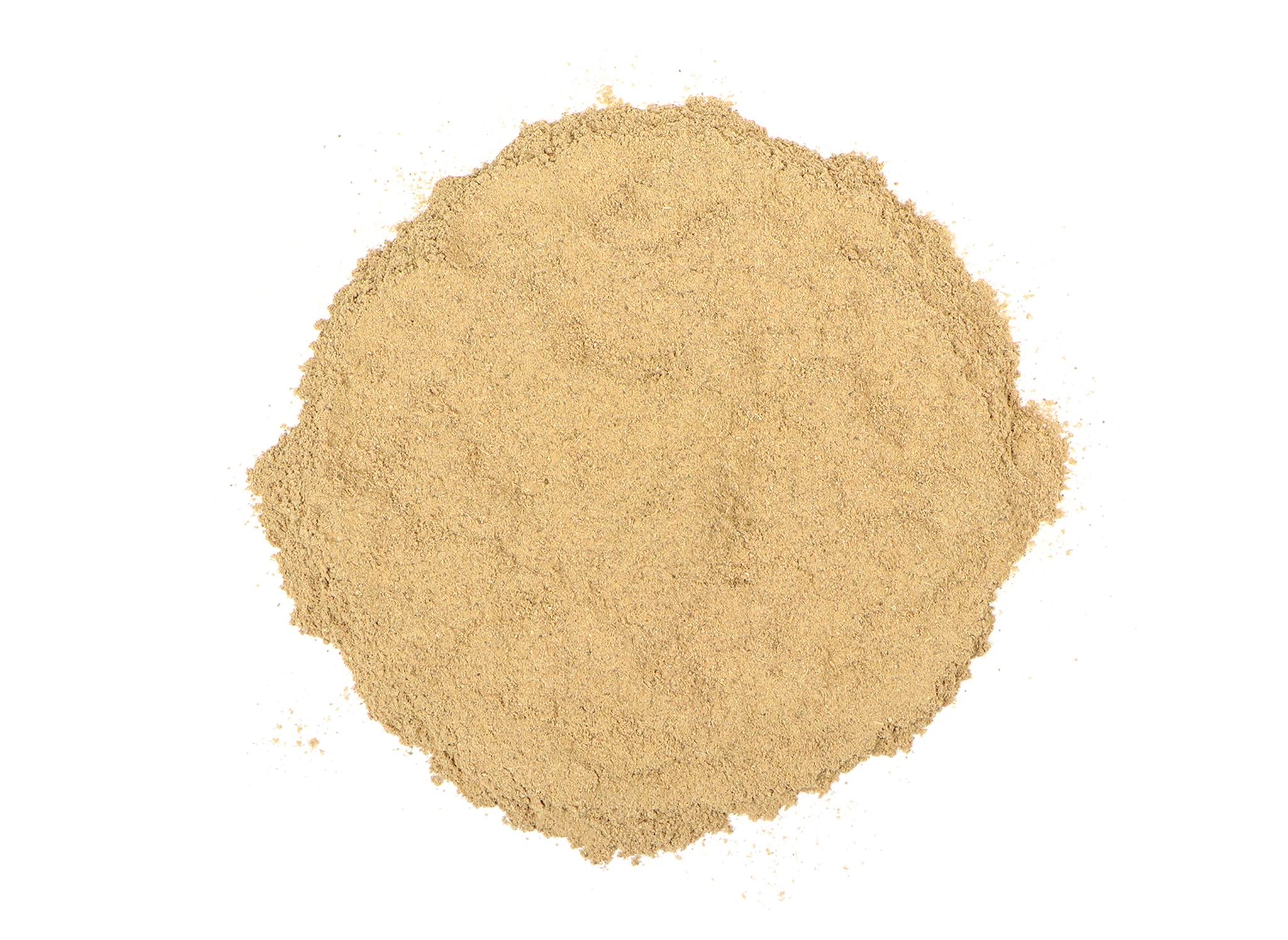
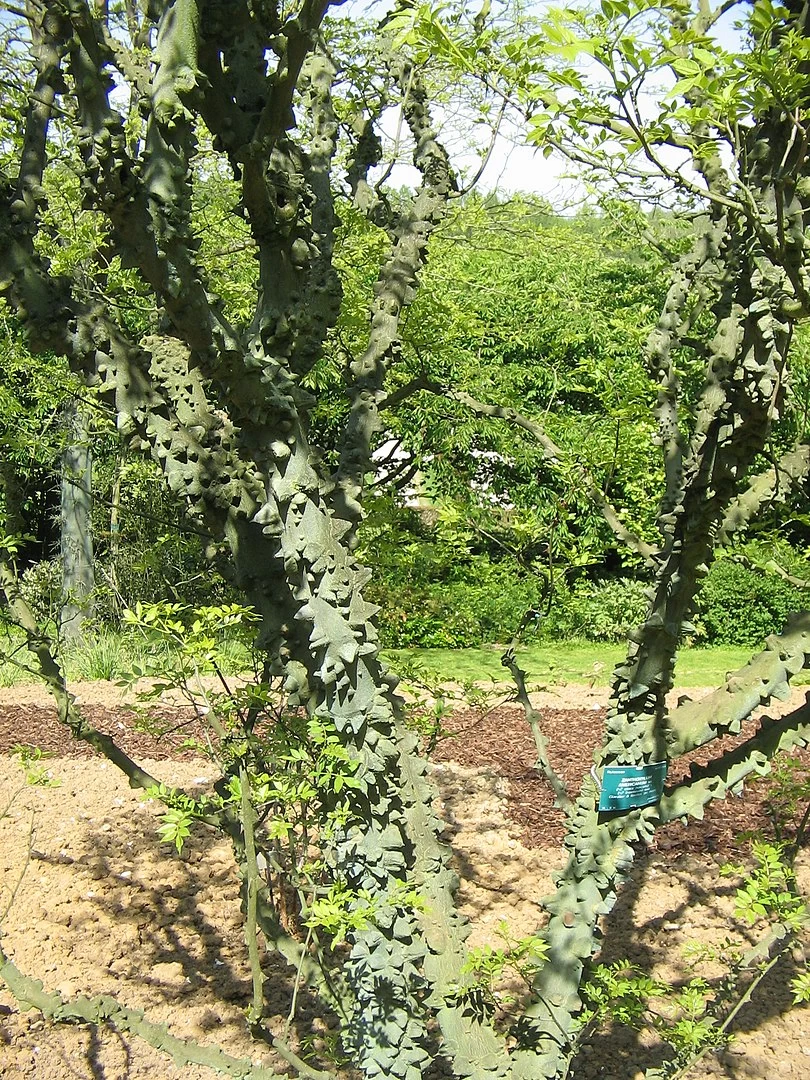
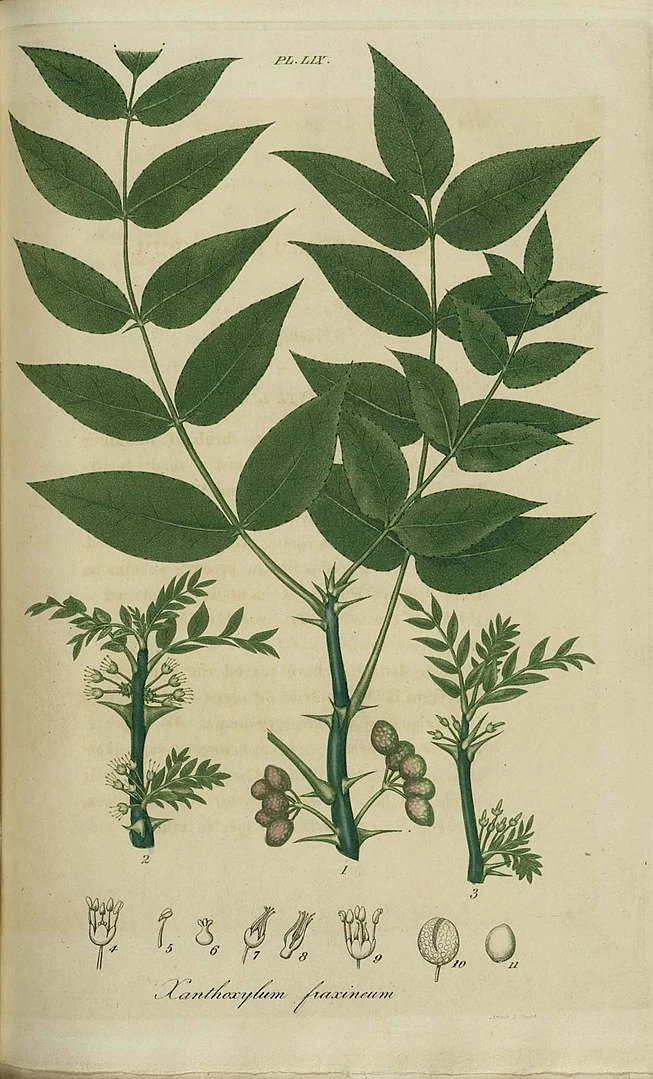
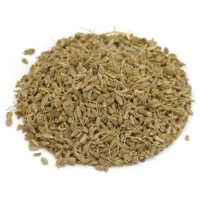
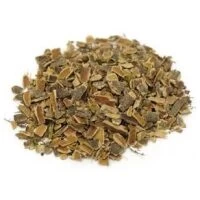
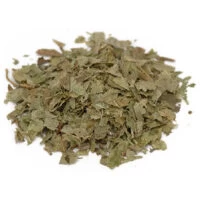
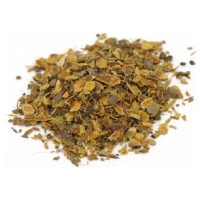
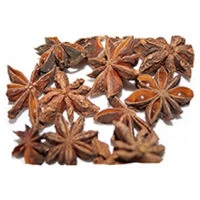
Reviews
There are no reviews yet.